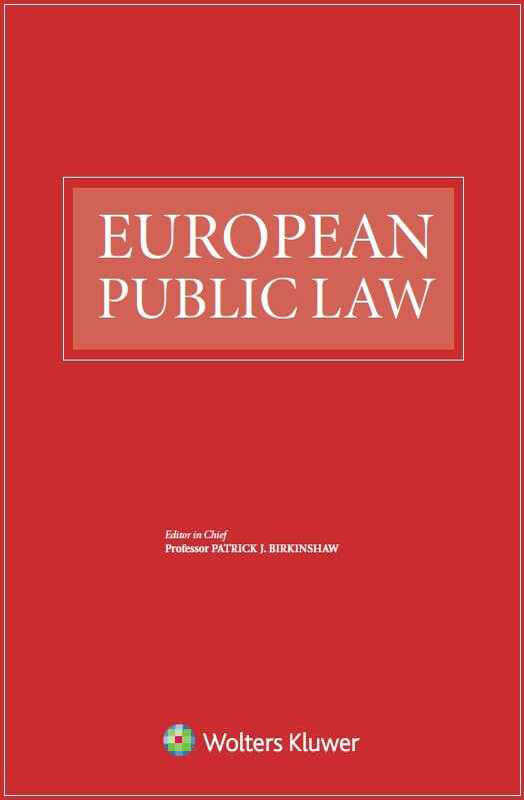Home > All journals > European Public Law > 29(4) >

$15.00 - Rental (PDF) *
$29.00 - Article (PDF) *
Georgios Bouchagiar, Vasileios Mygdalis, Ioannis Pitas
European Public Law
Volume 29, Issue 4 (2023) pp. 355 – 370
https://doi.org/10.54648/euro2023020
Abstract
This contribution aims to recommend a fully-fledged privacy-assessment applicable to future uses of Autonomous Systems (AS) for Natural Disaster Management (NDM) purposes. It claims that certain implementations may interfere with the right to privacy and the protection of personal data and analyses challenges stemming from (non-) compliance with the General Data Protection Regulation (GDPR). Moreover, it subjects the use of autonomous systems to the European Court of Human Rights’(ECtHR) Legality – Legitimacy – Necessity testing (LLN-check). On this basis, it proposes a targeted and ex ante privacy-assessment to address legal uncertainty, resulting from the GDPR’s tech-neutrality and case law’s ex post (after the harm) adjudication. The recommended scheme, ideally involving experts from various disciplines who would moreover be independent, could apply before the actual use of any AS and give a ‘proceed’, a ‘proceed with conditions’ or a ‘do not proceed’ decision.
Keywords
personal data, privacy, autonomous systems, natural disaster management
Extract
